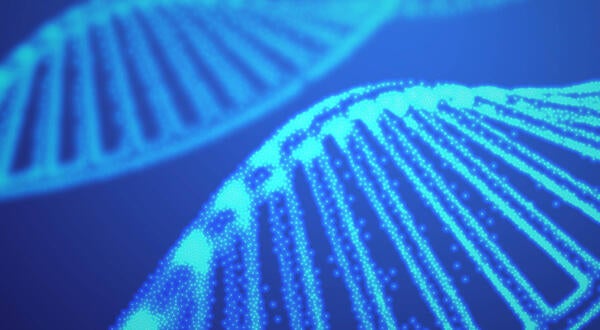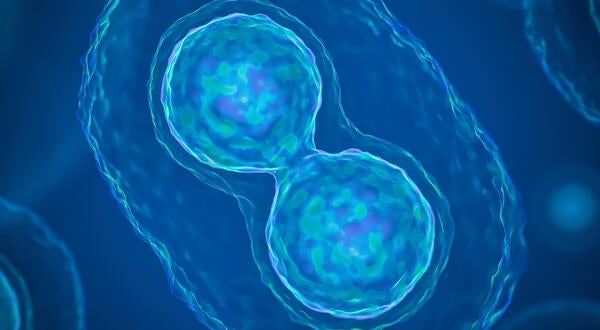CNAS Science News

February 19, 2026
Water is bed bugs’ kryptonite
New research has, for the first time, identified one thing that bed bugs seem to fear -- water and wet surfaces.

February 12, 2026
A superbloom ahead of schedule
UC Riverside plant ecologist Loralee Larios weighs in on the outlook for a wildflower superbloom show this year, where one might see it, and how flower lovers can protect the blooms for years to come.
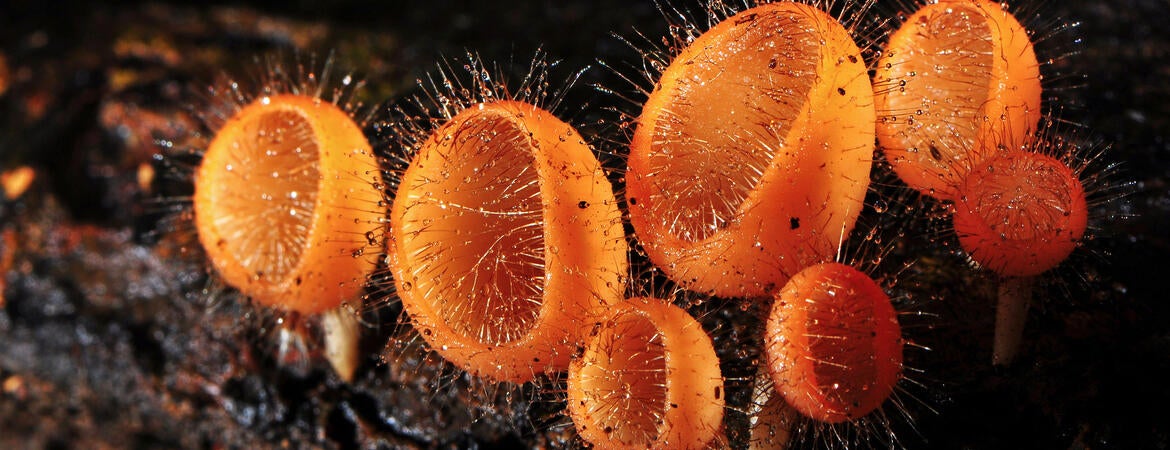
January 29, 2026
How fire-loving fungi learned to eat charcoal
Wildfire causes most living things to flee or die, but some fungi thrive afterward, even feasting on charred remains. New University of California, Riverside research finds the secret to post-fire flourishing hidden in their genes.

January 29, 2026
The science behind a great guacamole
Guacamole is a game-day favorite, but what does it take to perfect it? Researchers at UC Riverside are peeling back the science of what makes a great avocado and how to turn it into a winning bowl of guacamole.

January 26, 2026
Shrubs curb carbon emissions in China’s largest desert
An experiment in western China over the past four decades shows that it is possible to tame the expansion of desert lands with greenery, and, in the process, pull excess carbon dioxide out of the sky.
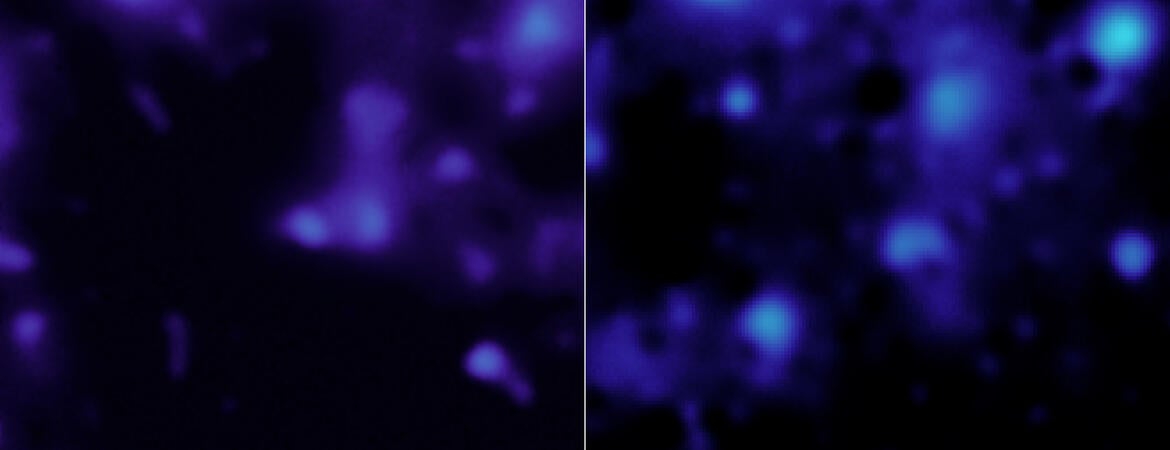
January 26, 2026
James Webb Space Telescope reveals new details about dark matter in the universe
Findings allow scientists to learn more about dark matter’s influence on stars, galaxies, and planets
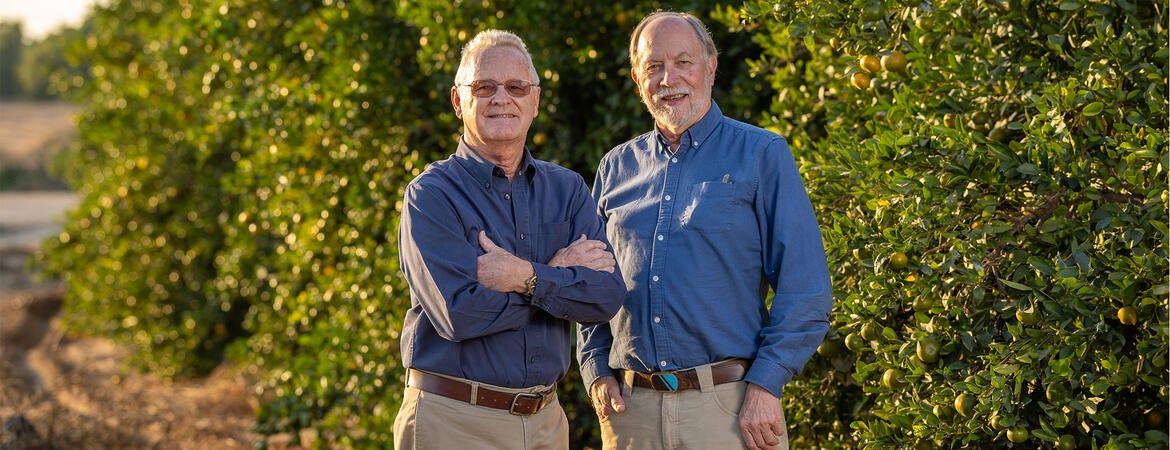
January 15, 2026
Tango’s sweet legacy lives on
The UCR-developed Tango mandarin has established itself as a symbol of innovation and sustainability in the global citrus market, generating more than $70 million in cumulative economic value for the university.
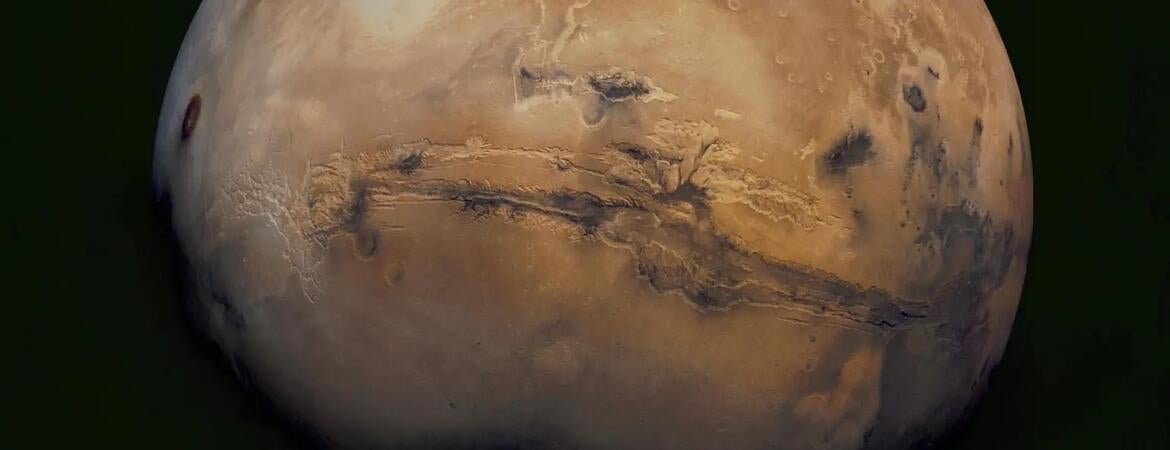
January 12, 2026
Tiny Mars’ big impact on Earth’s climate
New research reveals the extent to which Mars is quietly tugging on Earth’s orbit and shaping the cycles that drive long-term climate patterns here, including ice ages.

